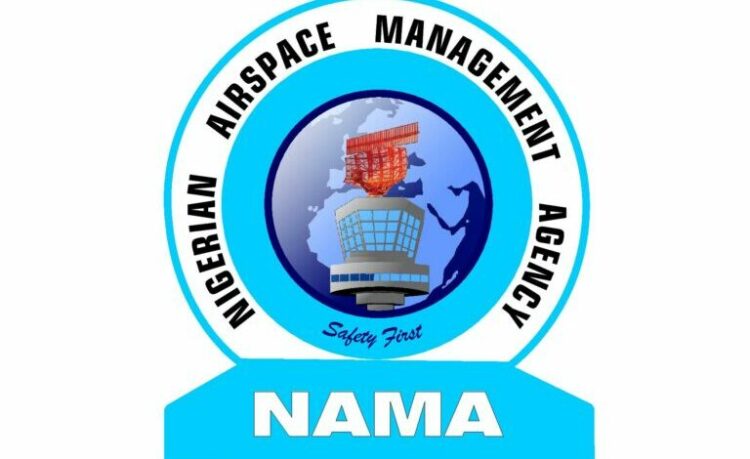The managing director of the Nigerian Airspace Management Agency (NAMA), Umar Farouk, has disclosed that the agency is considering reviewing navigational charges.
In a chat with journalists, Farouk also disclosed that the industry lacks enough air traffic controllers for the aviation industry.
Speaking on the review of navigational charges, the NAMA boss disclosed that the last time the agency reviewed the charges upward was 16 years ago.
“There was a meeting of aviation stakeholders that was convened by the Nigerian Civil Aviation Authority (NCAA), and at that meeting, I raised the issue with airline operators of Nigeria. Since 2008, the navigation charge has been the same. At that time in 2008, the charge was N11,000 when airfare was N16,000. They have been reviewing the air ticket and today, the fare is N150,000 per flight, we are still charging N11,000. I think it is unfair and anytime you draw their attention to it, they do not want us to review it.”
“We are a cost recovery agency and we are making huge investments to ensure that safety is not compromised. It is high time the airlines accepted the reality. We are going to review our navigational charges to match the current economic situation. We have written to the Ministry and when it is time to do that, we will call for stakeholders meeting so that we let them know and give them time to prepare and adjust to the new charges,” the MD states.
Farouk, however, blamed successive administrations in NAMA for being responsible for the shortage of air traffic controllers in the country.
According to him, during the last administration, no proper manpower auditing or proper planning for air traffic controllers.
“We don’t have enough air traffic controllers. The challenge is still there. The mistake of the past administration was that there was no proper manpower auditing or proper planning. It takes time to train air traffic controllers and they are quite aware of this. It has gone on for many years and now that we decided to recruit them, it takes more than one year to train air traffic controllers that will be on the hot seat.
“You can imagine the gap and we can’t train hundreds of them. You can imagine the time it takes to train them. What is the turnover of that process? It takes time to get the number required. That is the challenge we are having. We are working toward making sure that that aspect is addressed,” he stated.
He also disclosed that every blind spot in the nation’s air communication system has been covered.
“The entire communication had been re-designed to make sure that everywhere, every blind spot is covered and where we are today, even if one system fails, the air traffic controller will not notice because there is an overlap and one overlaps the other. We realised also that our radios are working well and well positioned and we have addressed the challenges we met but then, we are still having issues. These issues have nothing to do with radios, now it has to do with electricity.
“That is why I declared an emergency on power and you will agree with me that power has been a national issue for decades and has defied solutions and the government is still working hard to ensure that they get it right. What we have decided to do is to deploy solar energy to some of these facilities so that they can function well. We have two sources of power.
“We have the primary one which is the national grid and we have the second one which is generators, and plants and the third one is solar. We deployed all these three because the International Civil Aviation Organization (ICAO) frowns at a situation where you have a blackout even for seconds, so we must make sure that we have an uninterrupted power supply.
“The funding is not there and we are approaching it systematically to make sure that communication is good. At the moment, we have significant improvement but there is still room for improvement,” he stated











